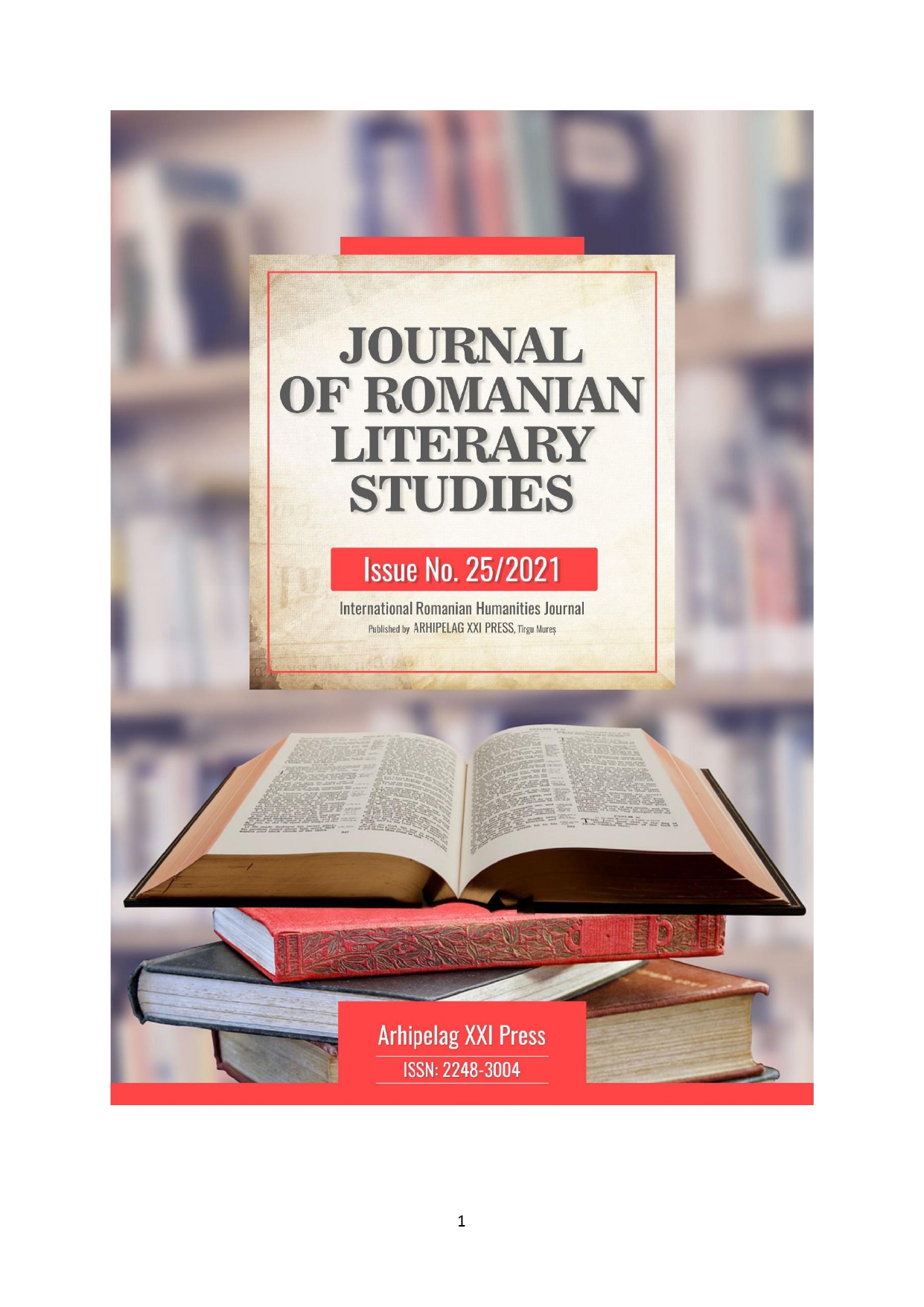THE RECONTEXTUALIZATION OF FOLKLORE IN THE CREATION OF THE PROSATOR VLADIMIR BEŞLEAGĂ
THE RECONTEXTUALIZATION OF FOLKLORE IN THE CREATION OF THE PROSATOR VLADIMIR BEŞLEAGĂ
Author(s): Mariana CocieruSubject(s): Customs / Folklore, Fiction, Romanian Literature, Cultural Anthropology / Ethnology, Culture and social structure , Philology, Theory of Literature
Published by: Editura Arhipelag XXI
Keywords: folklorism; aesthetic transfiguration; motif; folkloric symbol; image; ethno-folkloric constituents;
Summary/Abstract: In its essential moments, the respective approach proposes an ample and competent analysis of the modalities of assimilation of the folkloric constituents, with the emphasis placed on the interpretation of the original meanings. Interesting are the author's observations on the functionality of the ethno-folkloric elements passed through the re-contextualization phase; the impact that these elements have on the modern reader; of their importance in the structure of the literary work, in revealing its aesthetic valences. The author investigates the ethno-folkloric constituencies harnessed in the texture of prose by V. Beşleagă. The Bessarabian writer represents the model of well-documented author in the popular mentality secrets, focused to play naturalness and the natural of human existence, using native expressions of peasant, focusing on shenanigans of country life, and experiencing the mythical mysticism, paganism, which, transfigured, creates a state of ineffable alternatively, difficult to grasp the uninitiated. The frequent appeal to the folkloric components in the narrative substance of the literary texts of the 1960s demonstrates the ability of writers to resist through culture, through the phenomenon of preserving the Romanian identity, despite the alienation policy promoted by the party.
Journal: Journal of Romanian Literary Studies
- Issue Year: 2021
- Issue No: 25
- Page Range: 148-158
- Page Count: 11
- Language: Romanian

